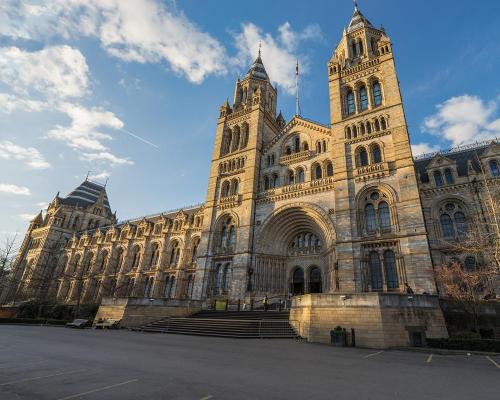Attractions industry news

03 Oct 2022
Scientists develop video game that adjusts difficulty based on player emotions – has applications for attractions and fitness
Korean scientists have developed a dynamic way of adjusting the difficulty of video games – by estimating the players' emotions based on in-game data.
A team at the Gwangju Institute of Science and Technology (GIST) have come up with a model in which the difficulty level is tweaked accordingly to maximise player satisfaction.
Until now, most developers have relied on 'dynamic difficulty adjustment (DDA)' to crack the tough nut of appropriately balancing a videogame's difficulty – deemed essential to provide players with a pleasant experience.
Using DDA, the difficulty of a game adjusts in real-time according to player performance. If a player's performance exceeds the developer's expectations for a given difficulty level, the game's DDA agent automatically raises the difficulty to increase the challenge presented to the player.
While DDA is useful, it is limited as the level of difficulty is adjusted simply on player performance – not on how much fun they are having.
Therefore, the team at GIST decided to put a twist on the DDA approach.
Instead of focusing on the player's performance, they developed DDA agents that adjusted the game's difficulty to maximise one of four different aspects related to a player's satisfaction: challenge, competence, flow, and valence [positivity or negativity].
The DDA agents were trained via machine learning using data gathered from actual human players, who played a fighting game against various artificial intelligence (AI) systems and then answered a questionnaire about their experience.
Using an algorithm called Monte-Carlo tree search, each DDA agent employed actual game data and simulated data to tune the opposing AI's fighting style in a way that maximised a specific emotion, or 'affective state.'
The team verified – through an experiment with 20 volunteers – that the proposed DDA agents could produce AIs that improved the players' overall experience, no matter their preference.
This marks the first time that affective states have been incorporated directly into DDA agents, which could be useful for commercial games.
The new technique to adjust difficulty levels could have a major impact on tech-based entertainment and simulation-type rides at visitor attractions.
It also has potential for other fields that can be 'gamified' – including physical activity and exercise.
Professor Kyung-Joong Kim, who led the study at GIST, said: "One advantage of our approach over other emotion-centered methods is that it does not rely on external sensors, such as electroencephalography.
"Once trained, our model can estimate player states using in-game features only.
"Commercial game companies already have huge amounts of player data. They can exploit these data to model the players and solve various issues related to game balancing using our approach."
News powered by attractionsmanagement.com

UK's Royal attractions had a bumper year in 2023
Numbers from the Association of Leading Visitor Attractions, (ALVA) show that Royal attractions saw a huge increase in visitor numbers during 2023 – the coronation year of King Charles III. [more...]
The Everyday Heritage initiative celebrates and preserves working class histories
Off the back of the success of the first round of Everyday Heritage Grants in 2022, Historic England is funding 56 creative projects that honour the heritage of working-class England. [more...]
Heartbreak for Swedish theme park, Liseberg, as fire breaks out
A fire has destroyed part of the new water world, Oceana, at Liseberg in Sweden, and a construction worker has been reported missing. [more...]
Raby Castle reveals ambitious plans to become a major visitor destination
Raby Castle, known as one of the finest medieval fortifications in England, is nearing the end of an ambitious two-year renovation project. [more...]
Wake The Tiger launches new 1,000sq m expansion
Wake the Tiger, the Bristol-based immersive art experience, is set to open its 1,000sq m expansion on Friday 2 February. [more...]




















on Facebook
on Twitter